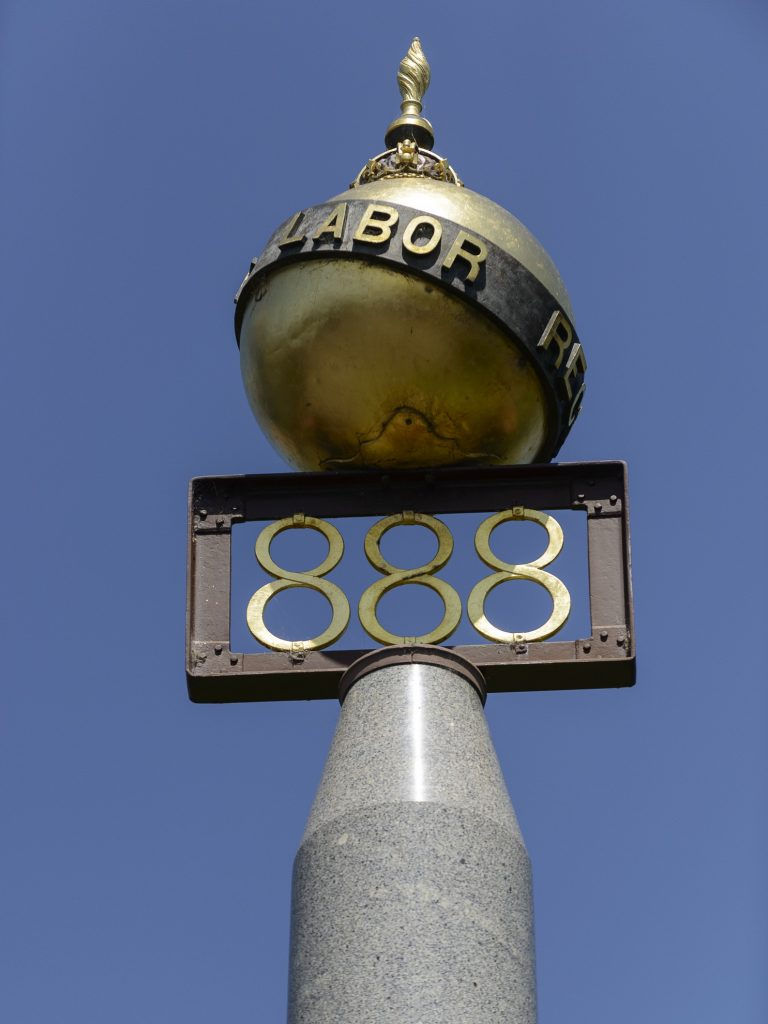Partakers of the Divine Nature
- Peter Carolane
- May 31, 2025
- 3 min read
As we continue our sermon series through 2 Peter 1, we encounter one of the most extraordinary promises in all of Scripture—that we might become "partakers of the divine nature." What could this possibly mean?
There is something beautifully bizarre about Christianity. Other faiths promise you enlightenment, or peace, or a better understanding of yourself. Christianity, with characteristic audacity, offers you nothing less than a share in the very nature of God Himself. It's the sort of claim that would be dismissed as the ravings of a madman, were it not written by a fisherman who had walked with the Creator of the universe.
When Peter writes of "very great and precious promises" that enable us to become "partakers of the divine nature," he's not speaking in metaphors or pleasant spiritual platitudes. He's describing what the early church fathers from the Eastern Roman Empire called Theosis—the breathtaking reality that mortal human beings might participate in the life of the immortal God.
Let’s be clear about what this does not mean. We are not speaking of some cosmic promotion where we graduate to godhood. No, what Peter describes is far more wonderful and humble than that. Think of how fire transforms iron in the forge. The iron does not become fire, yet it glows with fire's light, radiates fire's heat, and shares fire's power to shape and change. The iron remains iron, but iron transfigured, iron made new, iron participating in something infinitely greater than itself.
This is the great secret that the early Church fathers understood so well. When St. Athanasius wrote that "the Son of God became man so that we might become God," he did not suggest we could achieve divinity through our efforts. Rather, he was proclaiming the staggering truth of the Incarnation: that God became what we are so that we might become what He is.
It's like the fairy tales where the princess kisses the frog, and the frog becomes a prince. Except in this case, the Prince kissed us first—kissed us while we were still quite definitely frogs—and the transformation is both more real and more gradual than any fairy tale dared imagine.
The practical implications of this are staggering. If we truly are partakers of the divine nature, then we possess within us, by grace, the very characteristics that make God who He is: His love, His mercy, His forgiveness, His joy; not as distant ideals to aspire toward, but as present realities to be lived out. We carry within us, like secret treasure, the power to love the unlovable, forgive the unforgivable, and find joy in the midst of sorrow.
Peter connects our participation in the divine nature with escaping "the corruption in the world caused by evil desires." He's not merely giving us a moral to-do list. He's pointing out that those who share God's nature naturally live according to God's character. A tree cannot help but bear fruit according to its kind, and those who partake of the divine nature cannot help but grow in divine virtues.
The adventure of the Christian life is not about trying harder to be good, but about discovering and living out the new nature we've been given. It's about learning to see with God's eyes, love with God's heart, and act with God's power—not because we've achieved some spiritual rank, but because we've been adopted as sons and daughters of the Most High.
Perhaps this is why Christianity has always been accused of being too good to be true. It is almost too good to be true, which is precisely why it must be true. Only God would be audacious enough to offer finite creatures a share in His infinite nature. Only God would be generous enough to make such an offer not as a reward for achievement, but as a gift of pure grace.
And that, friends, is the gospel in all its scandalous glory: we are not merely forgiven sinners, but partakers of the divine nature itself.



Comments